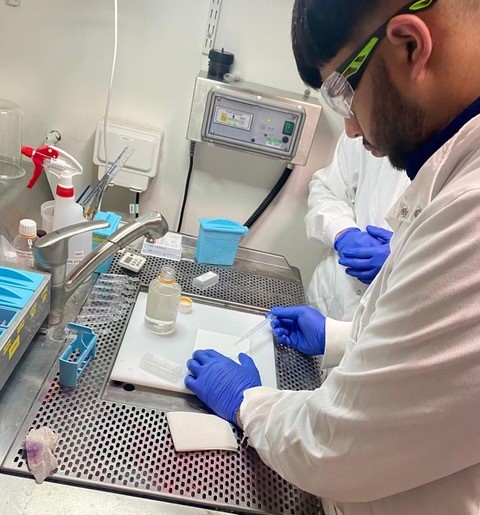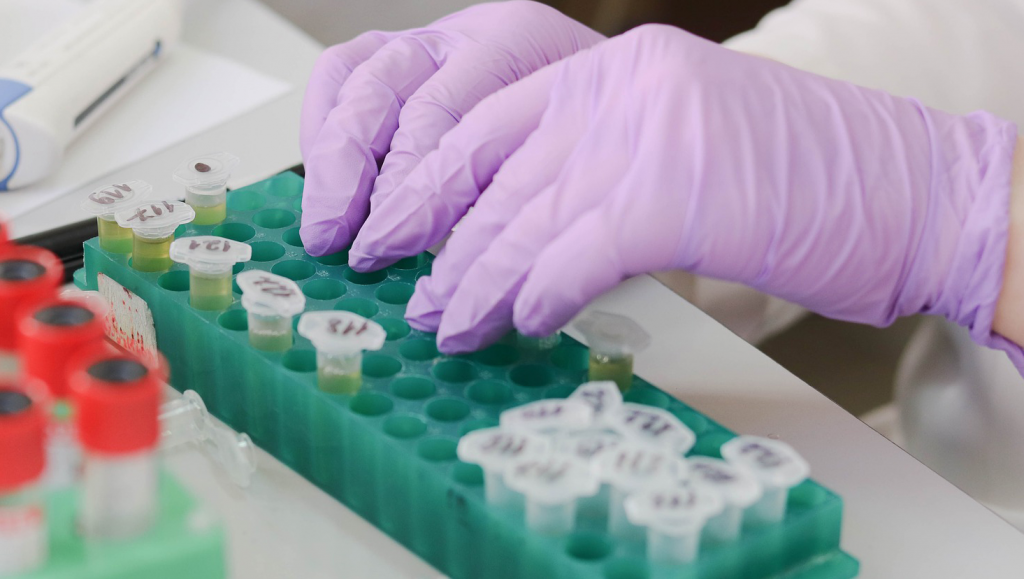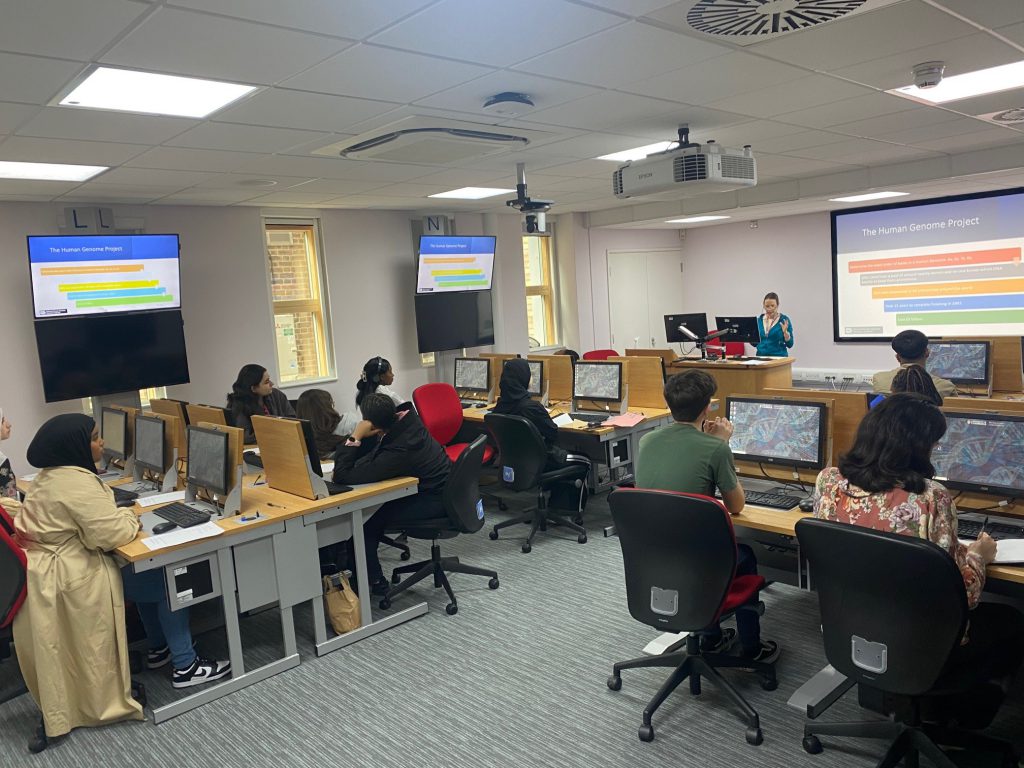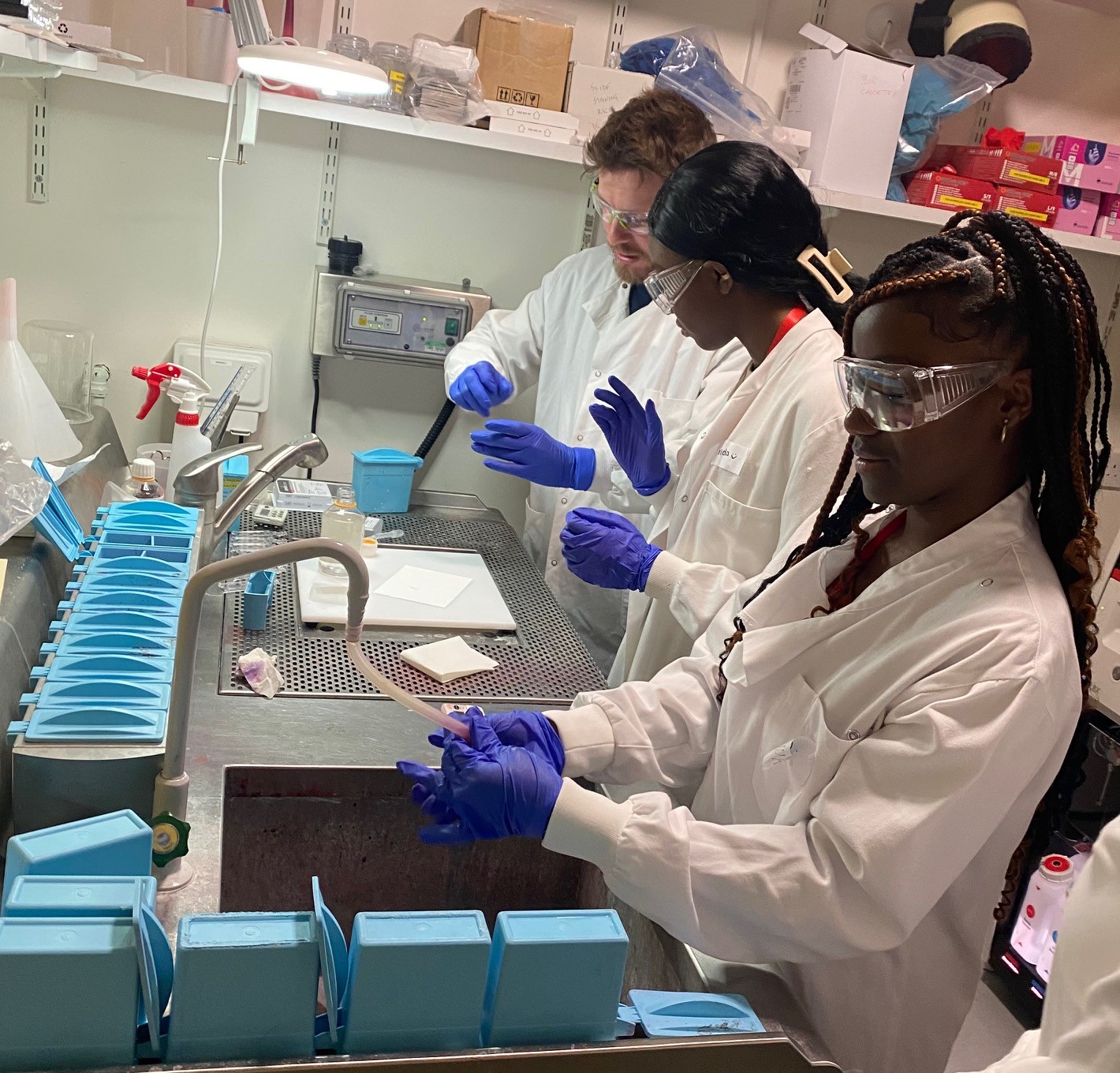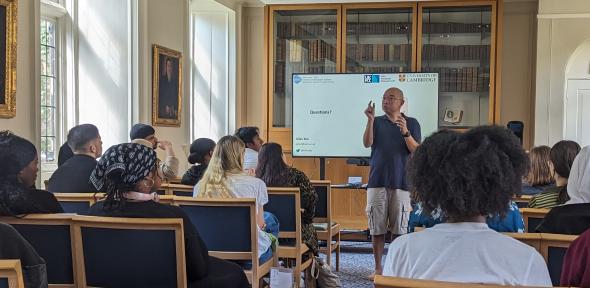
Applications for 2025 entry is now closed
A full-time taught MPhil in Obesity, Endocrinology & Metabolism providing the highest quality postgraduate training in the physiology and pathophysiology of energy balance and metabolism, as well as in new and emerging treatments for obesity and related metabolic diseases (e.g., type 2 diabetes).
Over 60hrs of lectures delivered by experts in the field and a 32-week research project.
Testimonials from our 2024 cohort:
"As an intercalating medical student, I have thoroughly enjoyed my time in the IMS labs and am glad I applied to study here! The lab environment is very supportive, and my supervisors are approachable and genuinely lovely. From day one, I’ve had mentorship that has not only guided me but also helped me truly enjoy the journey. Not only am I carrying out research that I believe will one day be used to help patients (and their babies), I’m acquiring invaluable skills, including gaining a thorough understanding of statistics and how they apply to biological systems – skills that will aid my future career as a researcher-clinician. It’s been an exciting and rewarding learning experience!"
"The lectures and training on this MPhil course are well organized and informative, the seminars are active, and the communities, within the department and my classmates, are close and supportive. Most importantly, we have great projects to handle on, with great techniques and supervisions, where I can learn a lot. "
"An amazing program that provides invaluable insights from leading experts in the field of metabolic diseases and offers unparalleled research experience to prepare for the next stage of my PhD studies."
"I am incredibly grateful for the opportunity to pursue my MPhil at the IMS-MRL and at the University of Cambridge. The program has been a transformative experience, offering a unique blend of rigorous academic training and hands-on research. The faculty and research staff at the IMS are leaders in their fields, and their mentorship has been instrumental in shaping my academic and professional growth. I have received incredible support and guidance from my PI, my post-doctoral mentor, and all of the colleagues in my laboratory. The program’s comprehensive curriculum, combined with cutting-edge laboratory experience, has significantly enhanced my critical thinking, problem-solving, and research skills. The collaborative and intellectually stimulating environment at Cambridge encourages meaningful exchanges of ideas and fosters both personal and academic development. The MPhil program, University and Churchill College have provided a multitude of resources, mentorship and networking opportunities to make the most of our time in Cambridge and beyond. The opportunity to study here has truly been an invaluable experience."
“The IMS has been such a welcoming environment in which to explore new areas of research, and I’m so excited to have the chance to carry out my own project and influence its direction. Our small MPhil cohort has definitely benefitted from coming together for lectures and other events as well, allowing us to learn from each other as well as our professors.”
"An excellent course that covers the vast breadth of metabolic sciences, including the developmental, epidemiological, genetic, and neuronal basis of metabolic disorders, while setting the groundwork for a PhD through a research project. The course organisers are very supportive and invested in our overall academic development."
"I have really enjoyed my time in the MPhil programme. The course has provided an invaluable learning experience, with engaging lectures covering both foundational and cutting-edge research topics. A main highlight for me has been the Biostatistics Course, where I am learning essential skills to be a researcher.The IMS has a welcoming and collaborative environment where everyone is approachable. I quickly became part of my lab community, and everyone is willing to teach me. The programme is well organised, and the course coordinators are highly receptive to feedback. I would highly recommend this MPhil to anyone considering a career in research. It has been highly beneficial to me as a medical student who has not had many opportunities for research exposure."
About the programme
This taught MPhil comprises three major elements:
- taught material delivered by local researchers who are internationally recognised experts in the field
- biostatistics training, and
- a 32-week research project in a world-leading laboratory.
Lecture topics cover the causes of obesity, the neurobiology of appetite control and energy balance, disorders of metabolism and body weight regulation (e.g. type 2 diabetes), and state-of-the-art techniques to study obesity and metabolism.
Programme content
This course provides:
- a societal, genetic, physiological, and molecular perspective on the drivers of obesity and metabolic disease;
- a wide breadth of knowledge encompassing many of the endocrine systems that regulate energy balance;
- in-depth and current knowledge of the pathophysiology of energy balance and metabolism;
- training in core research skills including statistical analysis, data handling, critical thinking, scientific writing and data presentation;
- the opportunity to undertake cutting-edge research in a world-leading metabolic laboratory;
- the knowledge, research experience and transferable skills to make students highly competitive for their chosen career path (e.g. communications, publishing, research in industry and academia).
Bursary Availability
A bursary is available for eligible applicants with Home or UK fee status. This aims to support those experiencing socio-economic or educational disadvantages and facing financial obstacles to higher education. If you meet these criteria, you should provide relevant supporting documents when asked during the application process. For more details, contact us at Metabolism_MPhil at medschl.cam.ac.uk.
Academic leads
Dr Clemence Blouet
Professor Mark Evans
Dr Daniel Fazakerley
Professor Fiona Gribble
Professor Frank Reimann
Professor Giles Yeo
Who to contact
Contact Admin: Metabolism_MPhil at medschl.cam.ac.uk
Course Director: Dr Daniel Fazakerley
How to apply
More details and application portal


